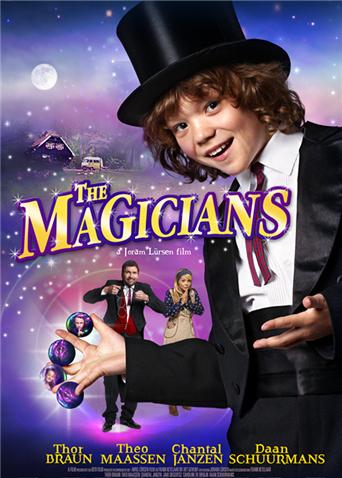《侩子手》是西班牙写实主义大师贝尔兰加的巅峰之作,以辛辣的笔调描写了一个连苍蝇都不敢打的青年人,为生活所迫竟当上刽子手的故事。影片虽在如今的各大西班牙经典影片榜单上名列前茅,但由于推出时正处于弗朗哥黑暗时期,长时间没有得到人们的认可。
《侩子手》是西班牙写实主义大师贝尔兰加的巅峰之作,以辛辣的笔调描写了一个连苍蝇都不敢打的青年人,为生活所迫竟当上刽子手的故事。影片虽在如今的各大西班牙经典影片榜单上名列前茅,但由于推出时正处于弗朗哥黑暗时期,长时间没有得到人们的认可。

回复 :一部关于火烈鸟生活周期的自然纪录片,影片拍摄于坦桑尼亚北部的纳特龙湖。在一个遥远且被人遗忘的野外,还存在着大自然最后的伟大杰作:数百万有着红色翅膀的的火烈鸟正展开双翼,经历着出生、成长和死亡的生命旅程。影片中有着太多此前从未被摄影机记录过的雄伟影像,并且记录了这群濒临灭绝的稀有生物是如何为了生存而抗争的。◎花 絮「Disneynature」荣誉呈献首套大型生态记录片,带你走进人类鲜有踏足的神秘境,透过凌厉壮阔的形象,以及娓娓动人的配乐,揭开非洲红鹤的身世之谜。这部纪录片是在坦桑尼亚的纳特龙湖拍摄的,在坦桑尼亚北部与肯亚交界处的湖泊,位于阿鲁沙西北面113公里的东非大裂谷。湖长56公里,宽24公里,有盐、苏打、菱镁矿等矿藏。湖水温暖,成为大裂谷红鹳理想的繁殖场所。在纳特龙湖及周边水域,共生活着400万只火烈鸟。在非洲坦桑尼亚北部的大裂谷中,座落不同的火山与湖泊,其中的立顿湖因为独特的地质环境成为红鹤鸟理想的繁殖场所。红鹤鸟的羽毛只有在繁殖期间,才会转成鲜红色;牠们为了孕育下一代,历尽艰辛、万里迁移,生生不息,构成一幅幅震撼心灵的生命蓝图。红鹤鸟的数目因近年受到环境污染与大量猎捕,几近灭亡边缘,迪斯尼《天翅奇迹》为红鹤鸟留下珍贵的影像纪录,藉此唤起关注的声音。为了拍摄影片,制作者在Natron湖边居住了14个月。这是动物界最神奇的一个群体。坦桑尼亚北部的纳特龙湖水的咸度超过死海,可是在这个湖边聚集了大量火烈鸟,其数目之大超乎人们的想象。它们的筑巢之地如此偏远和荒凉,以至于直到1959年欧洲一个鸟类专家才发现这片充满毒气的鸟类栖息地。这种玫瑰色的火烈鸟属于6种普查鸟类中人们知之甚少的那一种,它们是最富有色彩、最神奇也是异常漂亮的鸟群。
回复 :1990年代,陈卫东(吕凉 饰)的妻子曲波波(丁嘉莉 饰)是个女强人,陈自感在家中没地位,终日与小舅子浪浪(彭博 饰)厮混在一起。忽一日,他想起插队时爱上的小芳(胡忻 饰)姑娘,温柔美丽善解人意,何不将那段经历写首歌呢。于是,一首《小芳》被他灌成盒带发行,唱遍了大街小巷。他把音像出版社付给的稿酬揣在身上,踏上了寻访昔日情人的道路。几经周折,终于见到了当年的小芳。但物是人非,如今的小芳已是华侨林先生的阔太太,这大大出乎陈卫东的意料。当下老华侨刚去世,村民正为这位造福桑梓的老人举办葬礼。陈卫东调整着纷乱的思绪,眼前的林太太怎么也跟二十年前的小芳对不上号......
回复 :一个资产阶级作家没有随家人撤离,而是满怀喜悦要目睹革命后的古巴现状。他流连于哈瓦那的街头,沉思并观望着这个国家的变化,然而他也不自觉地因为自己的好色风流而陷入道德危机之中。


